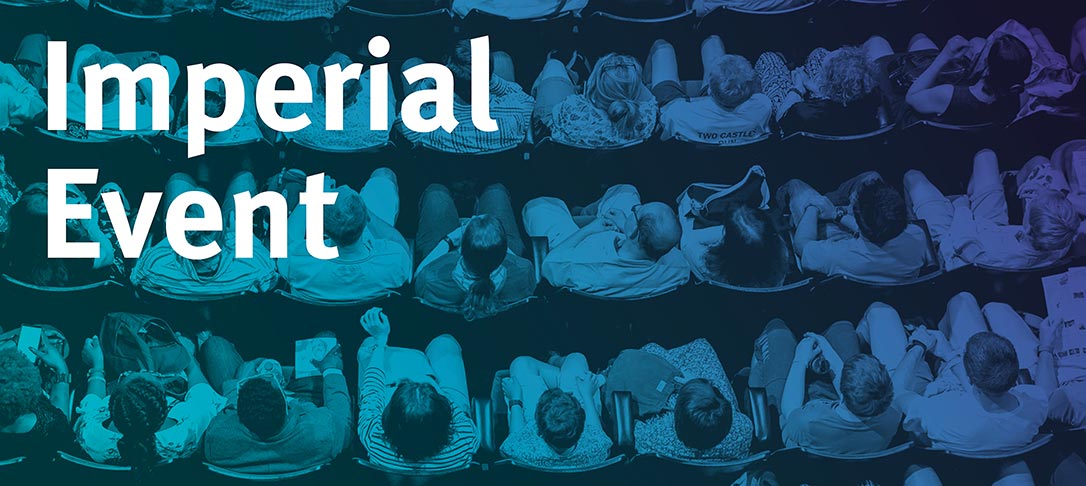
Can Science Fiction Engineer Social Development of Africa?
This is a question I attempt to answer in my works. I focus on social development, rather than economic, for I dream of a future without capitalism, where every individual can access their basic needs like food, shelter, health care, clothing, and communications and transportation, without having to pay for them, and with a direct democracy ensuring good governance. To build this world, I look a lot into Africa’s past, and I believe unless we Africans embrace our past, and be proud of it, we’ll always remain beggars. Countries in Asia overcame colonisation and achieved economic development in part because their histories were not erased. In Africa, we were taught that before Europeans came, there was only primitive cultures and slaves, and this makes it difficult to find local innovations to foster development. My stories are based on the cultures and knowledge systems of African communities, which I represent through the lens of science and technology, and in this talk, I will discuss how African divination systems gave birth to modern day digital code, how rain-makers used science to influence the weather, how our past governance systems can deliver direct democracies today. In short, how we can look into our past for a happier future.
Biography
Dilman Dila is a writer and filmmaker. His books include Where Rivers Go To Die, which was shortlisted for the PKD Awards (2024), and The Future God of Love. He was shortlisted for the BSFA Awards (2021), the Nommo Awards for Best Novella (2021), and the Commonwealth Short Story Prize (2013), among many accolades. His short fiction appeared in The Best Science Fiction of the Year: Volume Six, and in The Best of World SF V.2, among many anthologies. In film, he was nominated for Best First Feature by a Director at the Africa Movie Academy Awards (2014), for The Felistas Fable. His short masterpiece, What Happened in Room 13 (2007), attracted over eight million views on YouTube. His other notable films include The Sound of One Leg Dancing (2011), which won The Jury Award at the Nepal International Indigenous Film Festival (2012), and Her Broken Shadow (2017), which screened at festivals like Durban International Film Festival and American Film Institute’s New African Film Festival.